Top 10 Benefits of Home Healthcare for Elderly Patients
As the elderly population grows, the demand for quality healthcare services at home has risen. Many families prefer home healthcare over hospitalization due to affordability, comfort, and cultural values. Home healthcare services in India include nursing care, physiotherapy, medical monitoring, and personal assistance, helping seniors maintain their independence while receiving professional care. 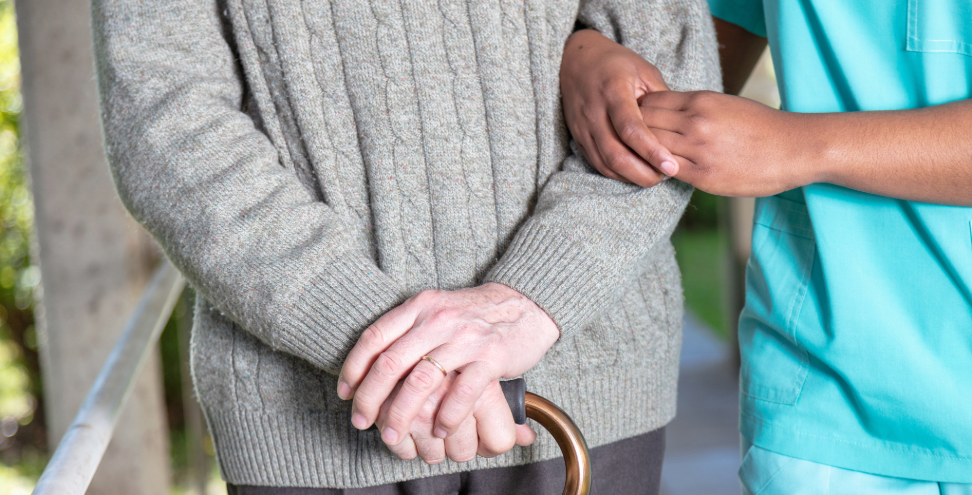
In India, home healthcare services cost between ₹5,000 to ₹40,000 per month, depending on the level of care required. This is significantly more affordable than private hospital stays, which can cost ₹10,000 to ₹50,000 per day.
Personalized Care: Tailored Support for Individual Needs
One of the biggest advantages of home healthcare is that it provides personalized care plans tailored to an elderly patient’s medical and daily needs. Unlike hospitals, where doctors handle multiple patients, home care offers one-on-one attention.
For example:
-
A bedridden patient may need a 24/7 nursing attendant (₹25,000 - ₹40,000/month).
-
A senior with mild mobility issues may require part-time physiotherapy sessions (₹500 - ₹1,500 per session).
Comfort and Familiarity: Healing in a Home Environment
Elderly patients recover faster in a familiar home environment than in hospitals. Being at home provides emotional comfort and reduces the stress of hospital visits.
Benefits of healing at home:
-
Less exposure to hospital-acquired infections.
-
Emotional well-being from being close to family.
-
Maintains cultural and religious practices, essential in Indian households.
Cost-Effective Alternative to Hospital and Nursing Home Care
India has a high cost of private healthcare. Instead of spending lakhs on long-term hospital stays, families opt for home healthcare, which is more budget-friendly and allows patients to receive quality care at a fraction of the cost.
|
Type of Care |
Approximate Cost (Per Month) |
|
ICU at a private hospital |
₹3,00,000 - ₹5,00,000 |
|
Nursing home stay |
₹40,000 - ₹1,00,000 |
|
Full-time home nurse |
₹25,000 - ₹40,000 |
|
Physiotherapy at home |
₹500 - ₹1,500 per session |
Improved Medication Management and Health Monitoring
Many elderly patients in India suffer from chronic conditions like diabetes, hypertension, and arthritis. Home healthcare professionals ensure proper medication adherence and regular health check-ups.
Services include:
-
Monitoring blood pressure, blood sugar, and oxygen levels.
-
Administering IV drips, insulin injections, and wound care.
-
Preventing medication errors, which are common among elderly patients.
Enhanced Safety: Fall Prevention and Emergency Assistance
Falls are a leading cause of injuries among the elderly in India, especially in urban apartments with slippery floors and staircases. Home healthcare providers assess homes for fall risks and provide assistance to prevent accidents.
Safety measures include:
-
Installing grab bars in bathrooms (Cost: ₹3,000 - ₹10,000).
-
Providing fall-alert devices (₹5,000 - ₹15,000).
-
Hiring trained caregivers to assist with mobility (₹15,000 - ₹30,000/month).
Companionship and Emotional Well-being for Seniors
In India, many elderly parents live alone as their children migrate abroad or to metro cities for work. Loneliness can lead to depression and cognitive decline.
Home healthcare services provide companionship and emotional support, offering:
-
Daily conversations and social interactions.
-
Assistance with hobbies, prayers, and cultural activities.
-
Mental stimulation to prevent dementia and Alzheimer’s disease.
Greater Independence and Quality of Life at Home
Unlike hospitals or nursing homes, home healthcare allows elderly individuals to retain their independence and dignity. They can continue their daily routines with assistance rather than feeling restricted in an unfamiliar setting.
For instance, seniors can:
-
Eat home-cooked meals suited to their dietary needs.
-
Follow a personalized exercise regimen.
-
Stay engaged in family rituals, religious functions, and festivals.
Reduced Risk of Infections Compared to Hospital Stays
Elderly patients are at a higher risk of hospital-acquired infections (HAIs) such as pneumonia, urinary tract infections, and MRSA. Home healthcare provides a safer recovery environment with lower exposure to these risks.
Key Benefits:
-
Lower Exposure to HAIs – Hospitals have a high risk of cross-contamination, whereas home care limits contact with infected individuals.
-
Safer Post-Surgical Recovery – Recovering at home after surgeries (such as hip replacements costing ₹3-5 lakhs) reduces the risk of secondary infections.
-
Better Hygiene Control – Home healthcare ensures a cleaner environment with personalized sanitation, sterilized equipment, and proper wound care.
-
Reduced Antibiotic Resistance Risk – Home-based care minimizes unnecessary antibiotic use, preventing the spread of drug-resistant infections.
-
Personalized Care for Vulnerable Seniors – Seniors with chronic conditions receive tailored care, reducing infection risks and improving recovery.
Opting for home healthcare instead of prolonged hospital stays helps ensure a safer, infection-free recovery while enhancing the overall well-being of elderly patients.
Family Involvement and Peace of Mind for Loved Ones
Indian families prefer to care for their elderly at home rather than placing them in old-age homes. Home healthcare services allow family members to stay actively involved while professionals handle medical needs.
Benefits for family members:
-
Less stress about balancing work and caregiving.
-
Ability to monitor the caregiver’s performance.
-
Peace of mind knowing their loved one is receiving high-quality care.
Access to Skilled Nursing and Specialized Medical Care
Elderly patients often require professional medical assistance at home, which includes skilled nursing care and specialized treatments. These home healthcare services ensure elderly patients receive quality medical care without frequent hospital visits, improving their overall health and well-being. Below is a breakdown of the various skilled nursing and specialized medical services available for seniors in India along with their estimated costs.
|
Service Type |
Description |
Estimated Cost (INR) |
|
Skilled Nursing Care |
Wound dressing, injections, IV therapy, catheter care |
₹500 - ₹3,000 per visit |
|
Post-Surgery Care |
Recovery assistance, pain management, physiotherapy |
₹10,000 - ₹40,000 per month |
|
ICU Setup at Home |
Ventilator, oxygen therapy, monitoring |
₹2,000 - ₹10,000 per day |
|
Palliative Care |
Pain relief and end-of-life support for terminally ill patients |
₹15,000 - ₹50,000 per month |
|
Dementia & Alzheimer’s Care |
Cognitive therapy, behavior management, and companionship |
₹15,000 - ₹50,000 per month |
|
Physiotherapy Services |
Mobility exercises, post-stroke rehabilitation, pain relief |
₹300 - ₹1,500 per session |
|
Doctor Home Visits |
Chronic disease management, general check-ups, emergency care |
₹800 - ₹3,500 per visit |
Home healthcare services in India are a practical, affordable, and effective alternative to hospitalization and nursing homes. They ensure elderly patients receive personalized medical care, emotional support, and independence while staying in the comfort of their homes. With cost-effective options available across Indian cities, home healthcare is reshaping eldercare by blending professional medical assistance with family involvement.
FAQs on Home Healthcare for Elderly Patients in India
1. What are the benefits of home healthcare for elderly patients in India?
Home healthcare provides personalized medical care, companionship, medication management, fall prevention, and skilled nursing services at a lower cost than hospitals and nursing homes.
2. How much does home healthcare cost in India?
The cost varies depending on the services required, ranging from ₹5,000 to ₹40,000 per month for caregivers and ₹500 to ₹3,000 per visit for medical professionals like nurses and physiotherapists.
3. Is home healthcare a safe option for elderly patients?
Yes, it reduces the risk of hospital-acquired infections, offers 24/7 medical supervision, fall prevention, and emergency assistance, ensuring a safe and comfortable environment for seniors.
4. What types of services are included in home healthcare for seniors?
Services include nursing care, physiotherapy, elderly companionship, dementia care, palliative care, ICU setup at home, and assistance with daily activities.
5. How do I choose the right home healthcare provider in India?
Check for certified caregivers, online reviews on platforms like Sulekha, service quality, referrals from doctors, and customizable care plans to ensure the best home healthcare service for your elderly loved ones.
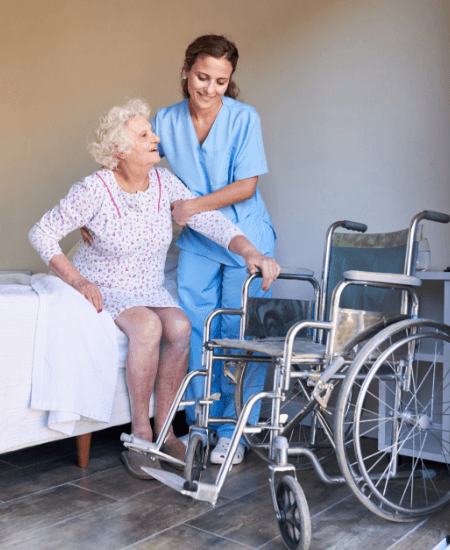






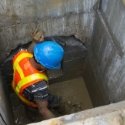



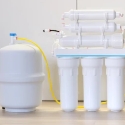
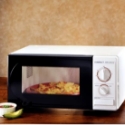


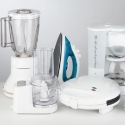
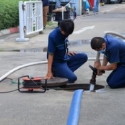


Post a Comment